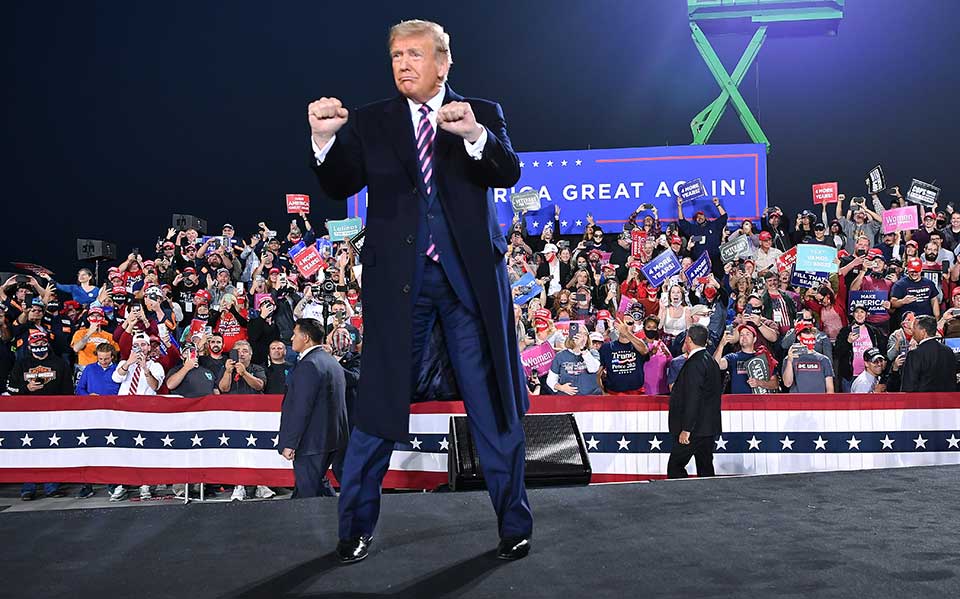Welp, here we are. It’s finally November 3. As a non-American, I’m always amazed by the power of American politics to draw in the rest of the world. It isn’t that the rest of us feel involved, exactly. And it isn’t only due to the fact that we’ll be affected by the decisions of a future U.S. government. Rather, the global power of American politics lies in how it shapes the mental landscape of the rest of the world.
The back and forth of American politics, the way different kinds of American power are justified by Americans to Americans, and particularly how they are opposed by Americans, create whole political vocabularies that end up being employed elsewhere.
LGBTQ+ rights are one example – the activism didn’t originate in the U.S. alone, but American media-political genius provided it with a set of symbols, words, and self-descriptions that make sense to subjected people around the world.
China’s growing presence, its propagation of new sets of standards and development models, all wrapped up in the bow of the BRI, is the first real challenge to this power in a while. It’s not surprising that it is attractive to African countries – so routinely excluded from the action during the 20th century that any invitation to participate feels like a 21st-century revolution.
But there are limits to how involved any non-Chinese person can feel in the story of Chinese development because it is still so focused on China itself. For all of the talk of a community of shared destiny, outsiders are still unsure on which terms they’ll fit into a China-centric system, and how much flexibility it has to deal with difference.
This issue lies at the heart of the U.S. election too. The ability to accommodate differences and flexibly integrate outsiders is one of America’s great strengths – a key explanation for its global influence. But the current election can also be read as a referendum on this very issue.

